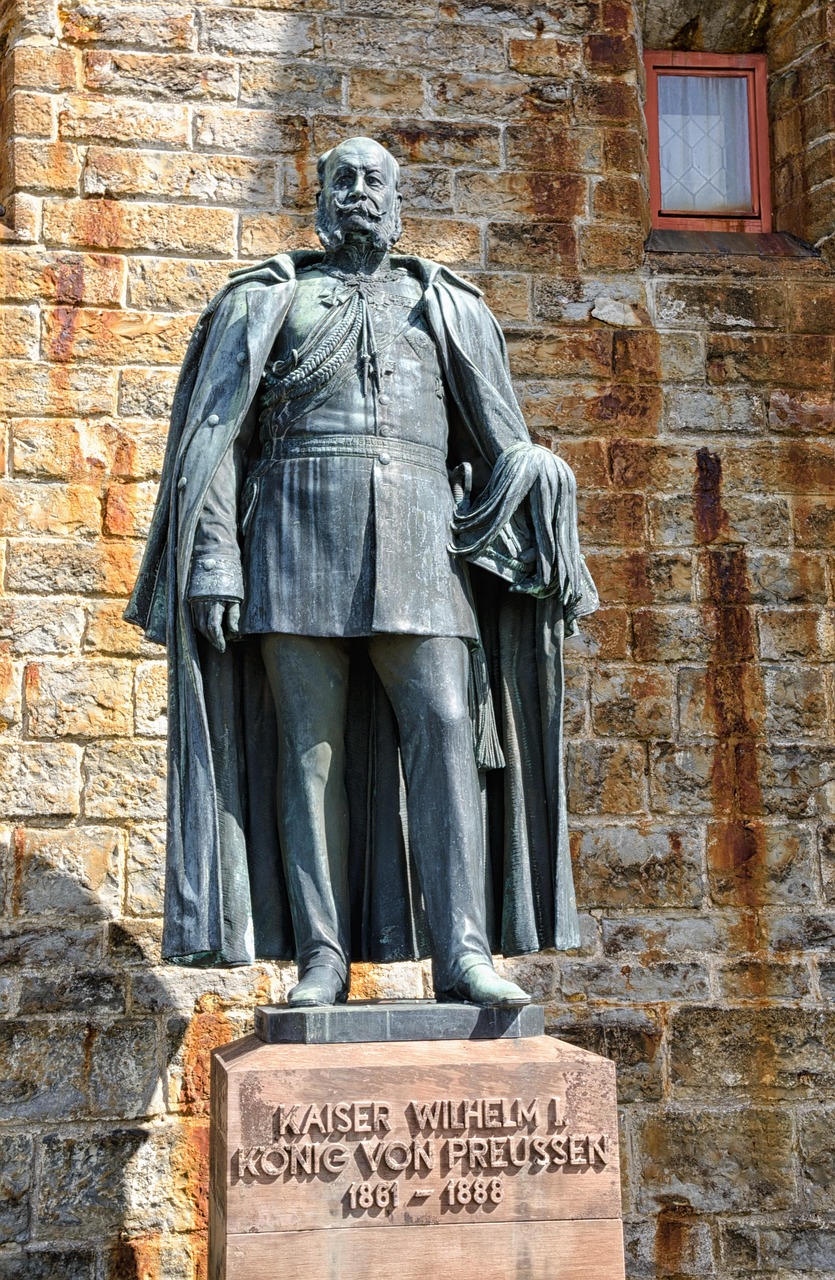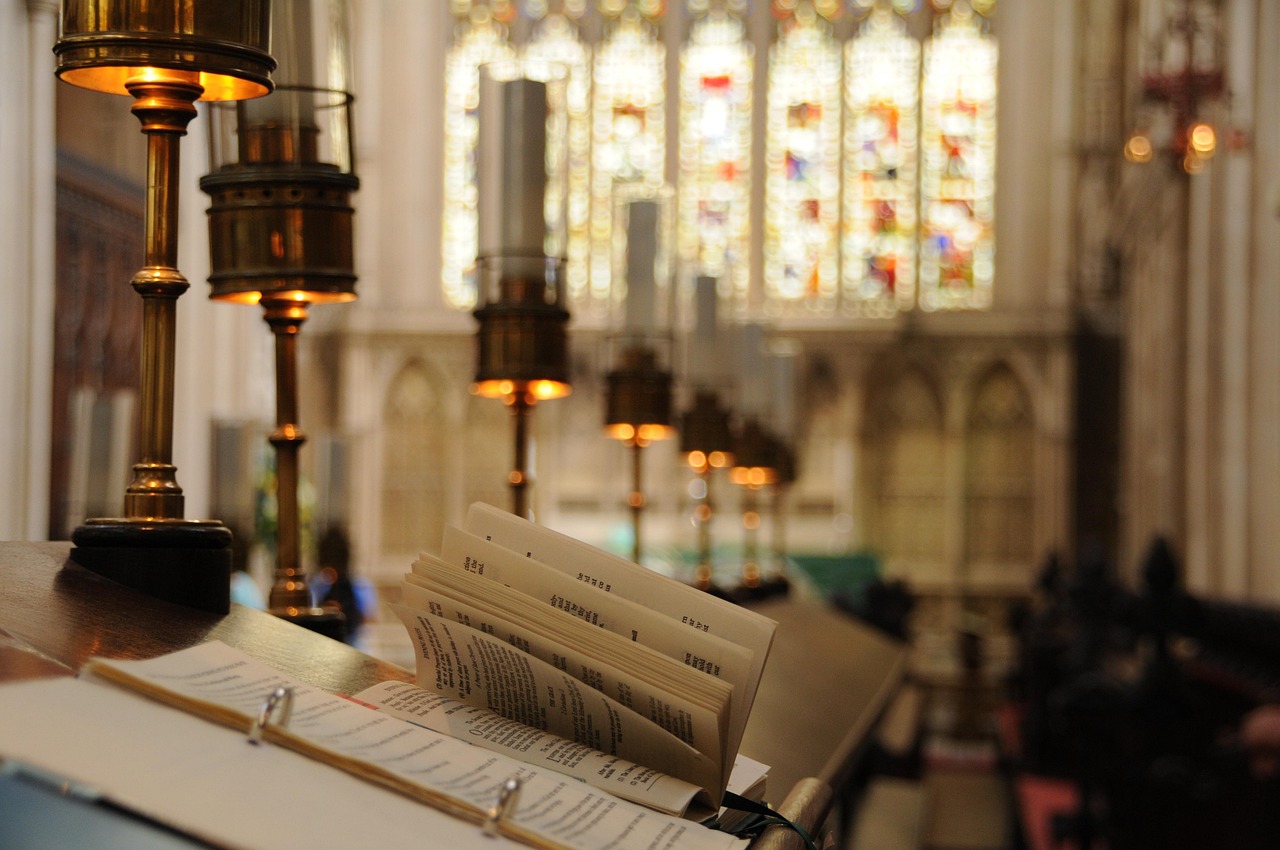

Understanding Federal School Choice: A Historical and Biblical Analysis
“My son, guard your heart with all vigilance, for from it flow the springs of life.” — Proverbs 4:23 (ESV)
By Theresa Willen, M.Ed.
November 13, 2025
Education is never merely the transmission of information. It is the shaping of a person—a formation of loves, habits, loyalties, and convictions. From a biblical perspective, this process is profoundly moral and spiritual, not merely academic. For this reason, Theopaideia begins not with policy, but with questions of ontology and authority: What is a child? Who is responsible for shaping them? And what happens when that responsibility is shifted from its God-ordained place?
A recent commentary by journalist Alex Newman (2025) examined the emerging federal “school choice” mechanism created through the One Big Beautiful Bill. His reporting raises important questions for all educational communities—questions not about political motive, but about governance, precedent, and the historical relationship between state authority and educational freedom.
This article offers a reflection suitable for Christian educators, parents, and policymakers. Its aim is not to speculate about intent but to consider what history teaches us whenever government funding expands toward nongovernmental schools.
Education Is Always Formation
Scripture consistently assigns the formation of children’s hearts and minds to parents and the household of faith (Deuteronomy 6:7; Ephesians 6:4; Psalm 78:5–7). The state’s God-given role is to uphold justice—not to shape worldview, identity, or sacred memory. Whenever state authority expands into formative spaces, Christians must ask not only What is being offered? but What is being transferred?
The Promise of Choice—and the Pattern of Control
For generations, American education has navigated the tension between public responsibility and parental authority. Historically, whenever the state extends funding into previously independent educational spaces (church schools, community schools, private academies, home education), certain patterns repeatedly emerge:
- Funding leads to oversight
- Oversight leads to regulation
- Regulation leads to standardization
- Standardization narrows educational diversity
These steps are not rooted in malice; they are simply how bureaucratic systems function. The state is obligated—legally and administratively—to ensure accountability for money it distributes. As a result, funding and control consistently move together. This is why many educators, both religious and secular, are asking a deeper question about the new federal tax-credit model: Will this further expand state involvement in private and home education? History suggests the answer is nearly always yes.
Historical Precedents: How State Funding Reshapes Education

The Prussian Model (19th century)
Modern state schooling was born in Prussia, where funding, curriculum, and teacher training were centralized to cultivate national cohesion (Green, 1990; Paulsen, 1908). What began as a project of standardization eventually shaped content, pedagogy, and worldview.

England’s Education Acts (1870–1944)
When voluntary Christian schools accepted state funds to remain open, Parliament increasingly standardized teacher certification, curriculum, inspections, and later compulsory testing (Chitty, 2009; Lawson & Silver, 1973). The shift was gradual but decisive: government funding slowly displaced ecclesial authority.

U.S. Higher Education and Accreditation (20th century)
Federal student aid (through the GI Bill and later FAFSA) was originally intended as neutral support for students. Over time, eligibility requirements—handled through accrediting agencies and federal guidelines—reshaped institutional governance, diversity policies, and curriculum structures, even for private and religious institutions (Labaree, 2017; Thelin, 2011). Again, funding eventually shaped formation.

Charter Schools in the U.S
Although charter schools are legally independent, accepting public money has bound them tightly to state assessments, reporting, accountability structures, data requirements, and in many states, curricular frameworks (Bulkley & Fisler, 2003; Fabricant & Fine, 2012).
None of these developments require assuming poor motives; they reflect structural realities repeated across nations and centuries.
The Biblical Frame: Why Formation Cannot Be Outsourced
The foundation of Theopaideia is the Scriptural conviction that God entrusted the formation of children to families, churches, and communities of faith (Deut. 6:7; Eph. 6:4; Ps. 78:5–7). The state’s role in biblical ethics is the administration of justice (Rom. 13:1–4), not the discipleship of children. This does not mean government cannot support education. But it does mean:
Therefore, when any civil authority—local, state, or federal—extends its reach into formative spaces, Christians must discern the implications carefully, even if the policy is presented as an act of generosity.
- formation is a spiritual calling
- education carries theological weight
- and stewardship belongs fundamentally to parents
Why Federal “Choice” Raises Structural Concerns
The new tax-credit–funded Scholarship Granting Organization (SGO) model introduced in the One Big Beautiful Bill enables states to funnel resources to private schools and homeschoolers. The mechanism is complex, but the implications are simple:
And oversight almost always includes:
- accountability frameworks
- data reporting
- curricular transparency
- compliance mandates
- teacher or provider eligibility guidelines
- alignment to state-defined educational outcomes
Again, this is not about the intentions of policymakers. It is about the nature of bureaucracy. Even when intentions are good, bureaucratic logic leads toward standardization, not diversity (Green, 1990; Lawson & Silver, 1973). Newman’s reporting highlights a growing consensus—across political lines—that SGOs may become a lever to guide or harmonize educational practices. Whether one welcomes or resists that development depends largely on one’s view of the state’s educational role.
Theopaideia’s Contribution: Re-centering the Family and the Church
Theopaideia is distinct in its insistence that education is not primarily a state function but a covenantal stewardship. Parents and faith communities carry the scriptural responsibility for:
- moral formation
- worldview development
- character shaping
- integrating truth across subjects
- cultivating wisdom
Thus, any shift that centralizes authority in the state—however indirectly—must be weighed with gravity. In the biblical narrative, societies flourish when the state honors its limits and families honor their responsibilities. When those boundaries blur, even unintentionally, confusion about formation follows.
Theopaideia and the Stewardship of Formation
Formation, in the Christian understanding, requires four anchors:
Scripture as Foundation
Truth is not merely measured but revealed in God’s Word.
Family as Structure
Formation flows from covenant relationship, not policy mechanism (Deuteronomy 6:7).
Integration as Method
All subjects are united under Christ, not fragmented by technocratic categories.
Wisdom as Goal
Education culminates in discernment and virtue—not compliance metrics (Proverbs 4:23).
The Central Question: What Kind of Formation Will This Produce?
For Christian educators, the question is not merely whether federal support is available, but whether accepting it shifts stewardship from the family and Church to the state. Across history, even well-intended expansions of public influence have reshaped:
- curricular authority
- assessment norms
- teacher qualifications
- pedagogical frameworks
- cultural expectations
- worldview assumptions
The weight of historical evidence—not assumptions about motive—should guide Christian discernment.
What History Teaches Christian Educators
Looking backward provides clarity moving forward:
- Government funding always expands government expectations.
- Expectations lead to dependency, then conformity.
- Conformity reshapes what is taught—and ultimately who children become.
- Educational freedom diminishes not all at once, but step by step.
Scripture encourages wisdom that is slow to accept gifts that alter stewardship (Prov. 14:15). Christian educators, therefore, should be both grateful for public concern over academic decline and cautious about how solutions may reshape formative authority.
A Call to Discernment and Covenant Faithfulness
The conversation around federal “school choice” is ultimately a conversation about formation. Not about political motive, but about the architecture of authority. As history repeatedly demonstrates, even well-intended expansions of state involvement tend to narrow the freedom of local communities and faith-based educators over time. Therefore, Christian families, churches, and institutions must remain vigilant—discerning the difference between support and supervision, between partnership and dependence, between temporary relief and long-term reshaping. Christians need not respond in fear, but in wisdom:
- Strengthen the home as the primary environment of formation.
- Empower churches to reclaim their historic role in discipleship.
- Support educators who maintain biblical fidelity.
- Build institutions that resist dependency on state-defined funding.
The question before us is not simply, “Is this funding available?” But rather: “What kind of formation does this funding ultimately require?”
And even more deeply:
“Are we stewarding the hearts of our children in the fear of the Lord—or outsourcing what God has entrusted to us?”
Education is discipleship. Formation is spiritual. And the responsibility God entrusted to families and churches must be stewarded with vigilance and clarity.
References
Bulkley, K., & Fisler, J. (2003). A decade of charter schools: From theory to practice. Educational Policy, 17(3), 317–342.
Chitty, C. (2009). Education policy in Britain. Palgrave Macmillan.
English Standard Version Bible. (2013). Harvest House Publishers. (Original work published 2001)
Fabricant, M., & Fine, M. (2012). Charter schools and the corporate makeover of public education. Teachers College Press.
Green, A. (1990). Education and state formation: The rise of education systems in England, France and the USA. Palgrave Macmillan.
Labaree, D. F. (2017). A perfect mess: The unlikely ascendancy of American higher education. University of Chicago Press.
Lawson, J., & Silver, H. (1973). A social history of education in England. Methuen.
Newman, A. (2025, November 7). Obama acolytes embrace federal “school choice.” Liberty Sentinel. https://libertysentinel.org/obama-acolytes-embrace-federal-school-choice/?utm_source=substack&utm_medium=email
Paulsen, F. (1908). German education: Past and present. Charles Scribner’s Sons.
Thelin, J. R. (2011). A history of American higher education. Johns Hopkins University Press.